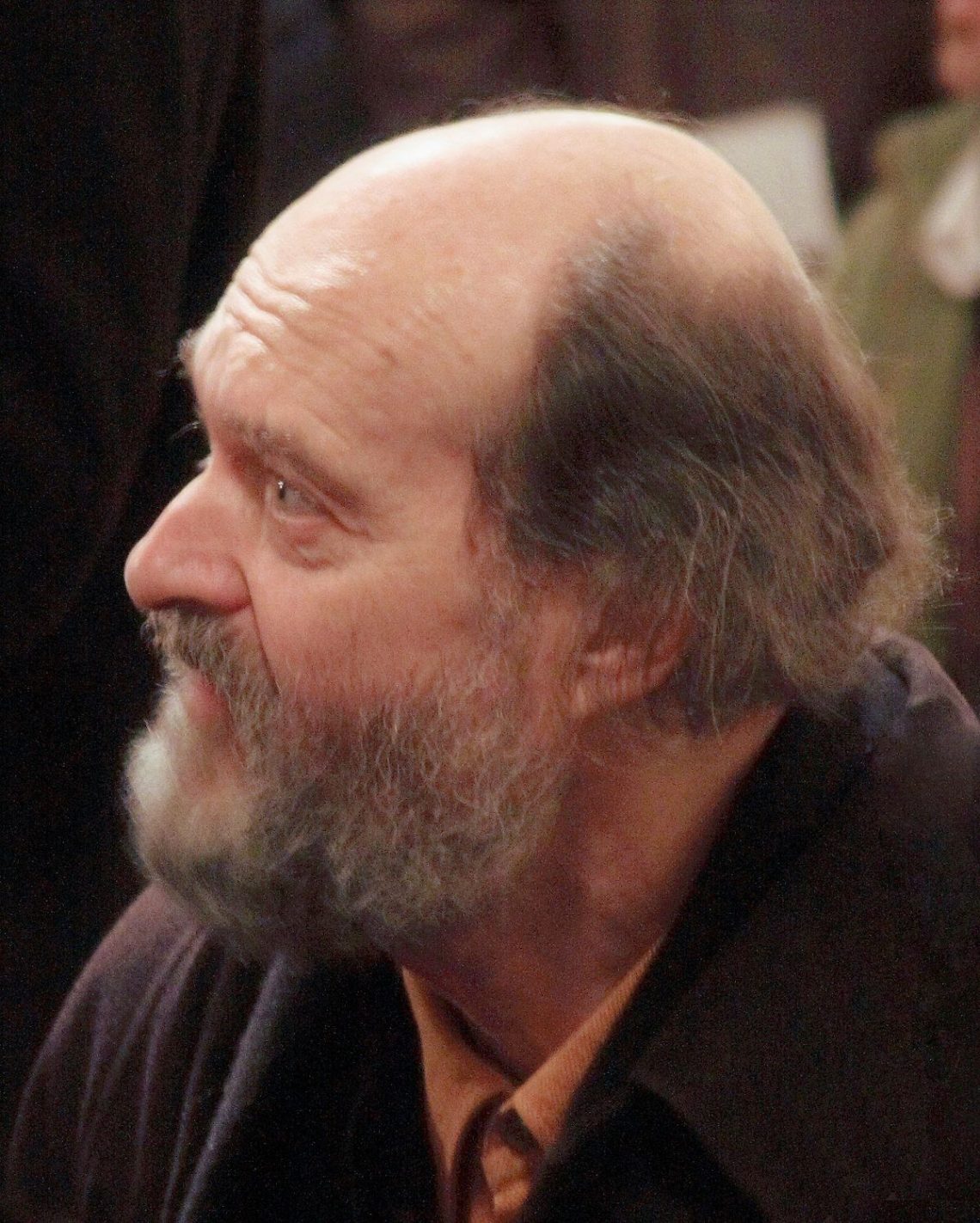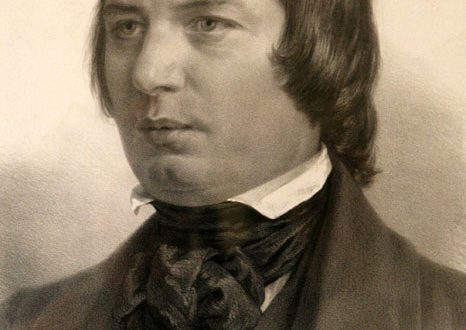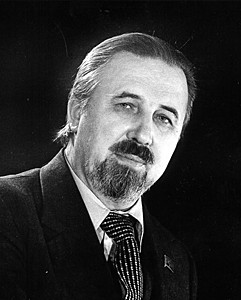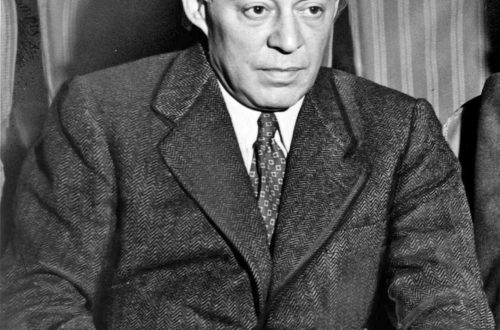
Arvo Avgustovich Pärt |
Arvo Part
Arvo Pärt is one of the most profound and spiritual authors of our time, an artist of great inner conviction and austere simplicity. He is on a par with such outstanding contemporary composers as A. Schnittke, S. Gubaidulina, G. Kancheli, E. Denisov. He first gained fame in the 50s, composing in the style of fashionable neoclassicism, then experimented with the entire arsenal of the avant-garde – serial technique, sonorics, polystylistics; one of the first among Soviet composers turned to aleatorics and collage. Among the works of those years – “Obituary” for a symphony orchestra, the play “Perpetuum mobile”, dedicated to Luigi Nono; “Collage on the theme BACH”, Second Symphony, cello concerto “Pro et contra”, cantata “Credo” (on the text from the Sermon on the Mount). In the late 60s, unexpectedly for everyone, Pärt left the avant-garde and wrote practically nothing for 8 years (only 3 symphonies appeared).
Since the beginning of the 1970s, the composer has been actively studying early music in collaboration with the Hortus musicus ensemble. Acquaintance with Gregorian chant and medieval polyphony determined the direction of the composer’s creative evolution towards diatonicity, modality and euphony. “Gregorian chant taught me what a cosmic secret is hidden in the art of combining two or three notes,” the composer emphasized. From now on, composing music becomes for Pärt a kind of higher service, humble and self-denying.
The composer called his new style, based on the simplest sound elements, tintinnabuli (lat. bells) and described it as “an escape into voluntary poverty.” However, his “simple”, “poor” and apparently monotonous music is complex and structurally carefully built. The composer repeatedly expressed the idea that not only music, but also the cosmos is driven by a number, “and this number, it seems to me, is one. But it is hidden, you need to go to it, guess, otherwise we will get lost in chaos.” Number for Pärt is not only a philosophical category, but also determines the proportions of composition and form.
The very first works of the mid-70s, created in the style of “new simplicity” – Arbos, Fraters, Summa, Tabula rasa and others brought Pärt worldwide fame and are widely performed. After emigrating from the Soviet Union (1980), Pärt lives in Berlin and writes almost exclusively sacred music to traditional Catholic and Orthodox texts (in 1972 the composer converted to the Orthodox faith). Among them: Stabat Mater, Berlin mass, “Song of Silouan” (Monk of Athos), Cantus in memory of B. Britten, Te Deum, Miserere, Magnificat, “Song of the Pilgrimage”, “Now I resort to you”, “My path lies through the mountains and valleys”, “Our Lady of the Virgin”, “I am the true vine” and many others.
Source: meloman.ru





